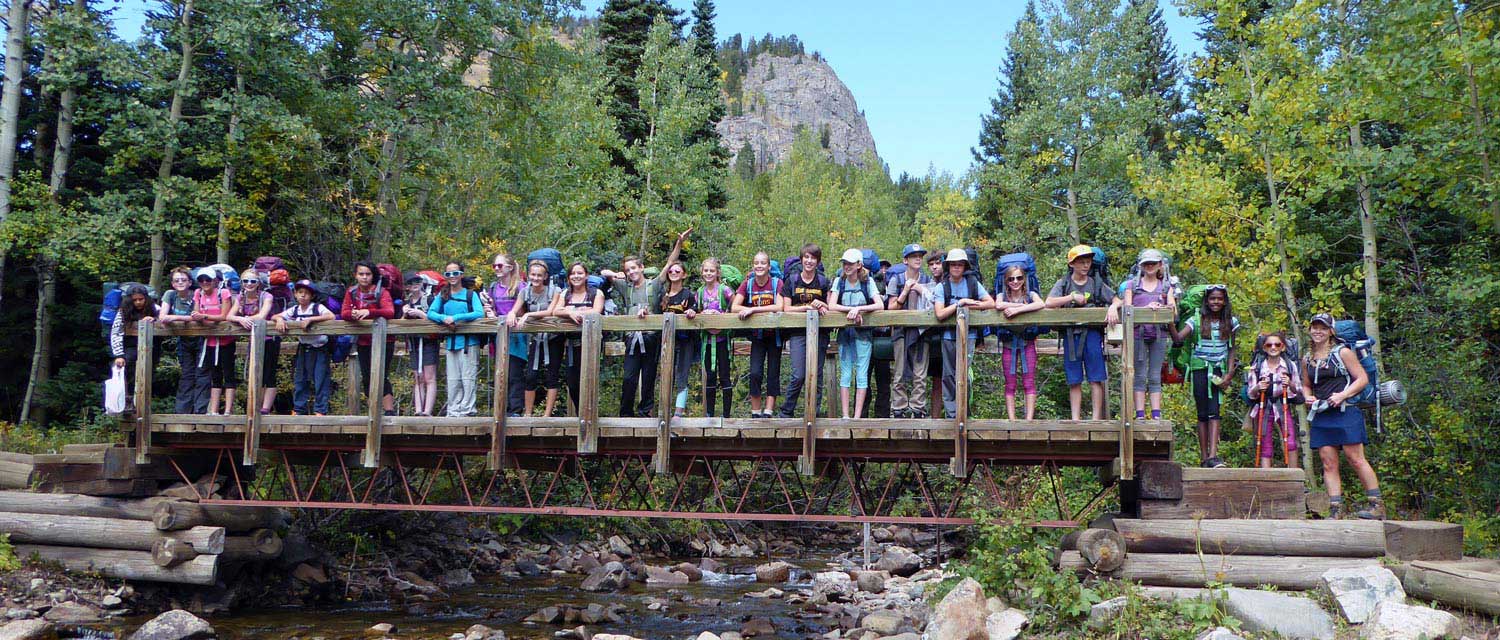By Kristan Stephens, Lark Song Kindergarten Teacher
A question that often arises from parents who are interested in learning more about Waldorf education for their young child is, “Will the children be prepared for academic learning in the grades?” Our answer is always a resounding “Yes!” Waldorf education offers children experiences that are developmentally appropriate for building up the capacity for academic learning which is introduced in the grades. In the kindergarten, young children are given opportunities for growth, exploration, and development in a way that suits their stage of life and provides purposeful and meaningful experiences. In this way, the child is able to develop skills they will use and build upon for the rest of their life.
For example, one way we support children in preparing for later academic learning is by fostering strong fine motor skills. Rather than focusing on early writing exercises, Waldorf kindergartens introduce children to a variety of fine motor activities which support and encourage purposeful work and play. For example, at an early age children learn to wash their hands, tie their shoes, manipulate buttons, peel and chop vegetables for the day’s soup, draw or paint a picture, follow along with a finger-play game, tie a silk, finger-knit, sew, carefully fold paper stars for the window, or gently handle a small bug or flower, sort seeds, and more. The children joyfully participate in these activities because they are enlivened with a sense of true purpose. In turn, a wide variety of meaningful activities helps develop their fine motor skills in a more comprehensive and balanced fashion.
In this way, we are striving to bring meaningful experiences to the children, rather than contrived or arbitrary exercises that are not developmentally appropriate. In a recent article titled Hands at Play by Christy Isbell, a professor of Occupational Therapy at Milligan College, she states “If families or educational programs push young children to write before their hands are physically ready, it may have a negative impact on the children’s interest in expressive writing. In addition, preschoolers who have yet to develop the precursors for higher-level fine motor skills are at risk for developing poor pencil grasp, illegible handwriting, and slow handwriting” (2018).
Rather than teach writing at an early age, Waldorf early childhood programs offer children the chance to develop their fine motor skills through a wide range of activities. In this way, the process is the important aspect, rather than the product. This allows the children to develop at their own individual pace and enables them to participate in activities which inspire them. This leads to a greater sense of interest and engagement when they do reach the grades and fosters a life-long love of learning.

